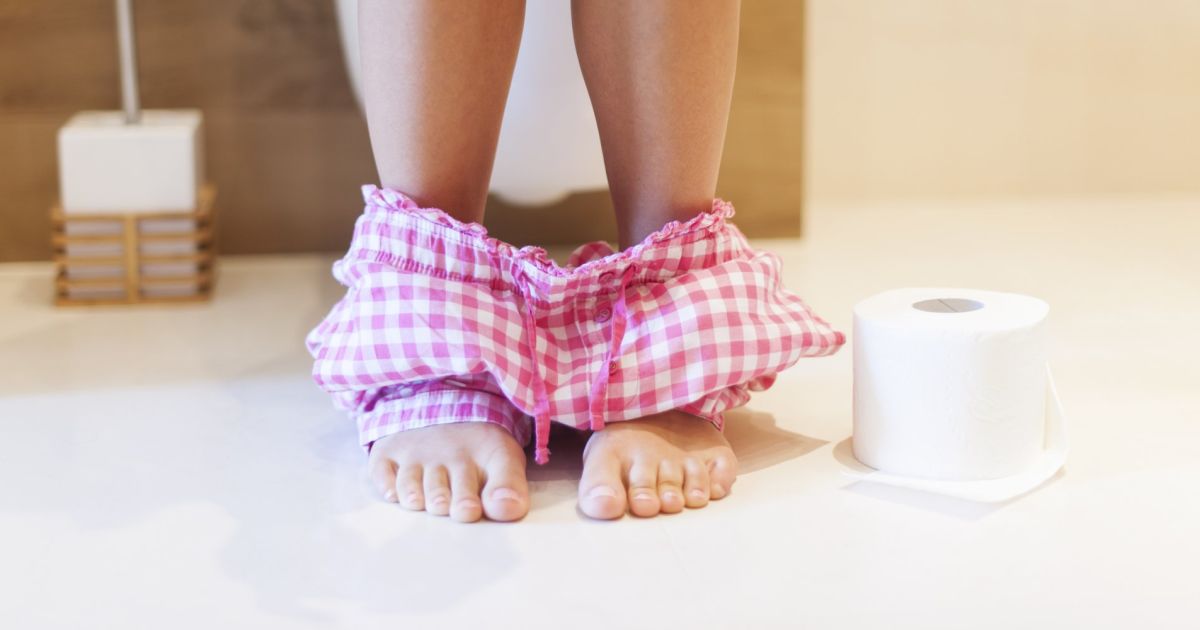What Are The Side Effects Of Antihistamines?
Trouble Urinating

Patients who use antihistamines could experience trouble urinating. These medications relax the bladder, making it retain urine and potentially leading to overflow incontinence. With overflow incontinence, the patient is unable to fully empty their bladder, and it becomes overly full. This could result in an involuntary release of urine, and the patient might not feel any urge to urinate. Urinary leaks could happen during the day, and the patient might wet their bed at night. In addition, the retention of urine could lead to abdominal discomfort or bloating, and patients may experience difficulty starting their urine stream. The urinary stream could be weak or interrupted as well. Urinary retention could increase a patient's risk of urinary tract infections, bladder damage, and kidney damage. Patients who experience urinary symptoms while taking antihistamines should talk to their physician about treatment and the possibility of trying an alternative medication.
Keep reading to learn more about antihistamine side effects now.